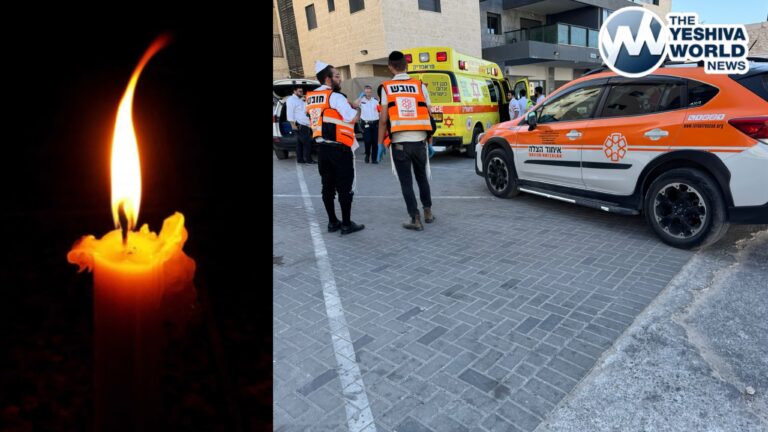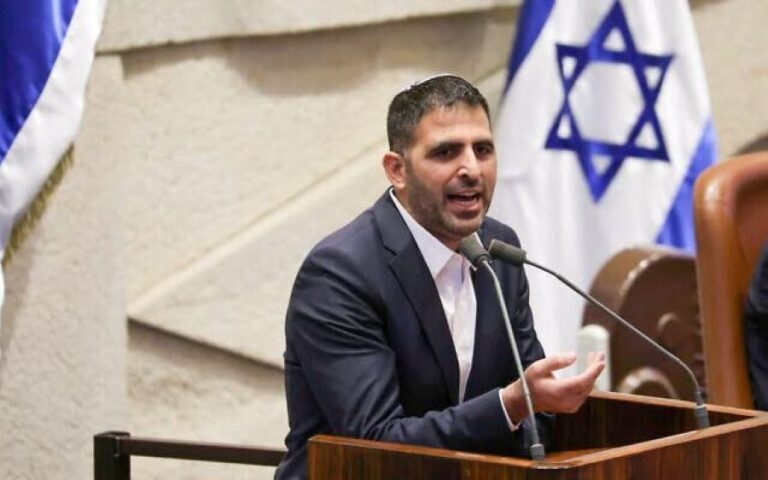 Some hospitals are simply so overcrowded they are no longer accepting ambulances, diverting to other medical centers. This list on Sunday included Sheba Medical Center at Tel Hashomer Hospital in Tel Aviv, Barzilai Hospital in Ashkelon and Ha’emek Hospital in Afula. Magen David Adom ambulances were directed to avoid transporting patients to those facilities since there were no unit beds available for patients requiring admission.
Some hospitals are simply so overcrowded they are no longer accepting ambulances, diverting to other medical centers. This list on Sunday included Sheba Medical Center at Tel Hashomer Hospital in Tel Aviv, Barzilai Hospital in Ashkelon and Ha’emek Hospital in Afula. Magen David Adom ambulances were directed to avoid transporting patients to those facilities since there were no unit beds available for patients requiring admission.
While the Health Ministry has instructed MDA to divert from these hospitals, regular citizens may continue turning to the hospitals mentioned for services.
At Barzilai, officials report that one unit for example, which contains 35 beds, presently has twice that many patients admitted. The overcrowding condition are unacceptable, apparently worse than the regular annual winter overcrowding resulting from the chronic hospital shortage.
According to the ministry directive, Ichilov, Sharon and Beilinson Hospitals received the emergency patients from Sheba; Kaplan Hospital in Rechovot, Soroka Medical Center in Beersheva and Wolfson Hospital in Holon covered for Barzilai; and regarding Ha’emek, those patients were rerouted to Haifa of Poriah Hospital in Tiveria.
In the hospitals mentioned, patients are compelled to remain in corridors, with rooms and wards filled to 120% capacity.
Prof. Ze’ev Rothstein of Sheba told Galei Tzahal on Monday morning that last week; things at Sheba were regular for the most part. On Sunday, he was on ‘on-duty’ director, he realized things began filling up. The annual over-capacity that exists during winter months is a regular occurrence he explains, not unique to this year.
Rothstein feels there needs to be a system-wide reform and improvement, since if not, the future will be increasingly bleak, warning conditions for physicians are simply too difficult and unacceptable today, and many fine doctors are running from the local system, contributing to the nationwide shortage.
Prof. Rothstein explains many solutions are long-term, but there are also immediate solutions, including an increase in manpower since the current situation cannot continue, with hospital staff working at too high a pace.
Moshe, a son of a patient admitted to Barzilai for over two months laments the condition for nurses, who he attests are working around-the-clock without a break, simply not capable of coping with the patient nurse ratio. He states that patients who do not have family members at their bedsides are simply unfortunate since the nurses are “swamped” and incapable of dealing with the needs of all the patients. He explains that while his mom remains in the hospital, he has learned to assist the nurses, removing soiled linen and undertaking other simple tasks that free the nurses for more professional duties towards assisting patients.
At Barzilai, Dr. Shimon Shafer explains they are only capable of utilizing four of seven surgical suites as a result of the critical shortage of anesthesiologists.
The order was given on Sunday, originally for a 24-hour period, in the hope that today, Monday; those hospitals will once again be capable to accepting patients. Barzilai reopened its emergency room on Monday morning, explaining Soroka and other hospitals were ‘shouting’ they cannot absorb the increased load.
Deputy Minister of Health R’ Yaakov Litzman spoke with Galei Tzahal host Razi Barkai on Monday morning and was asked about the immediate solution, adding staff. Litzman downplayed the reports from Sunday, citing the situation in Tel Hashomer was 104%, while not ideal, not as bad as portrayed by the media.
The general situation he adds is known, and his predecessors failed to address the problem. He adds the ministry generally seeks to monitor the situation and divert ambulances from facilities that are simply too crowded.
Litzman stated that this year, there has not been an overcrowded situation as they are reporting, insisting his statistics are accurate. He does acknowledge the situation is difficult and there is a need to address the chronic problem, but it is not as critical as it is being portrayed.
(Yechiel Spira – YWN Israel)











One Response
It is a big problem… that is only one of the reasons why America should NOT go socialized.
I have had to wait up to 6 months to see certain specialists.. by that time either your condition gets so bad that you go private or to the ER or it gets better. 6 months for a test… etc….
It is time for a change and for the Israeli govt to put more $ into healthcare for the lives of our ppl.
That is terrible to have to turn down ambulances…